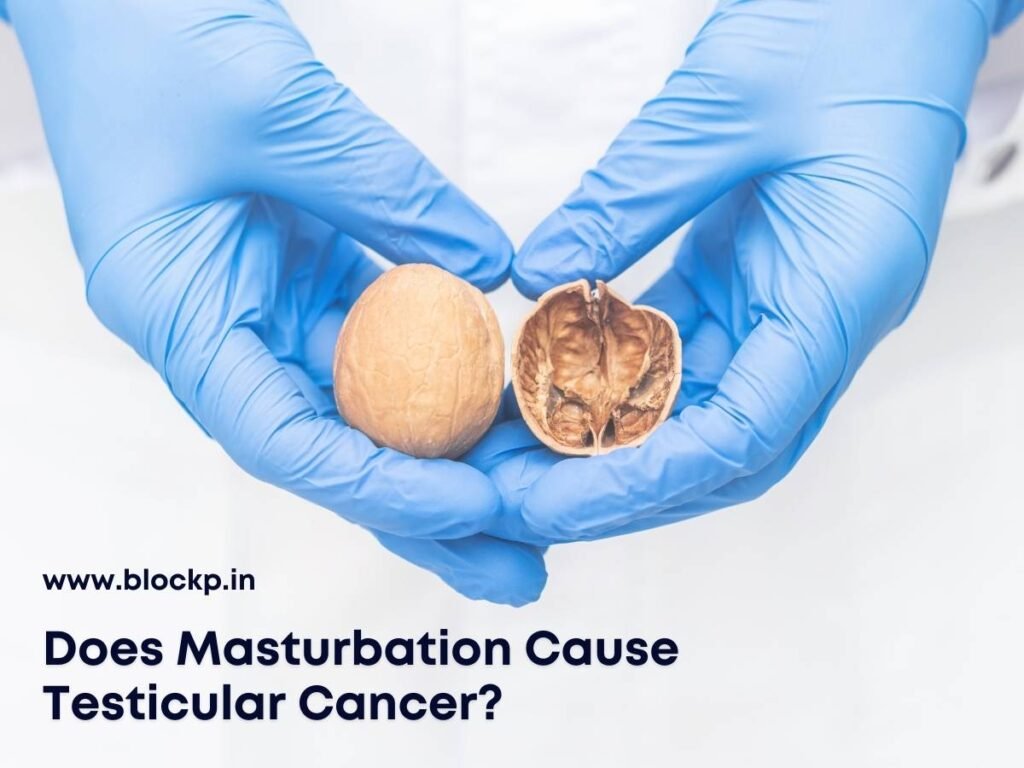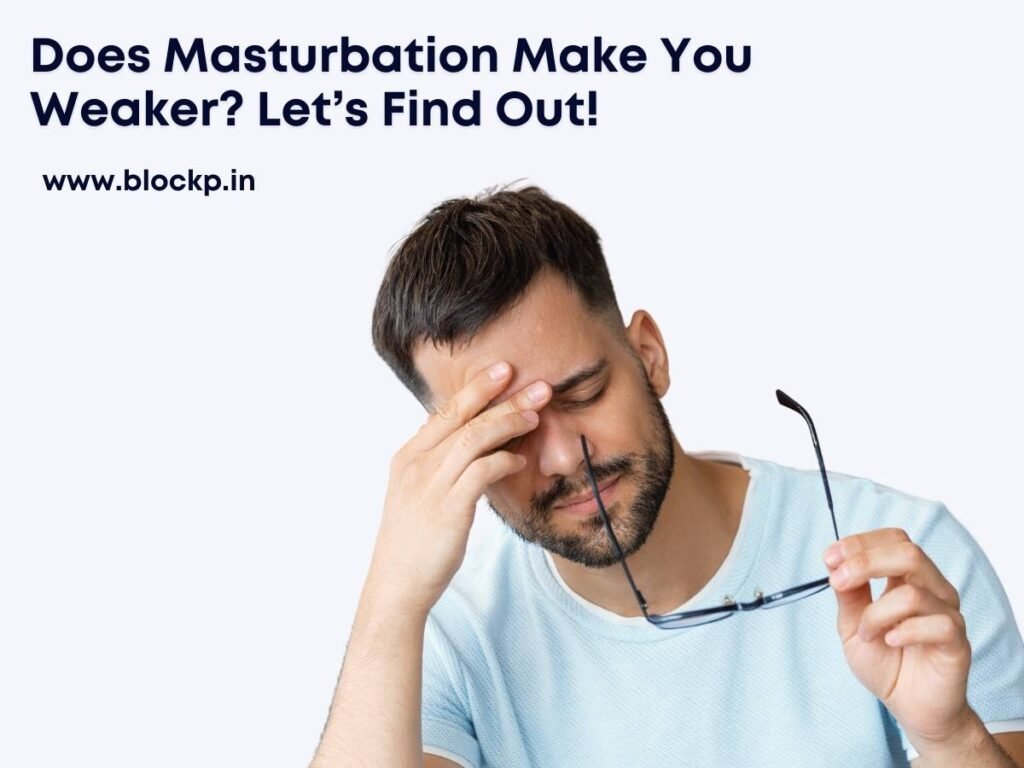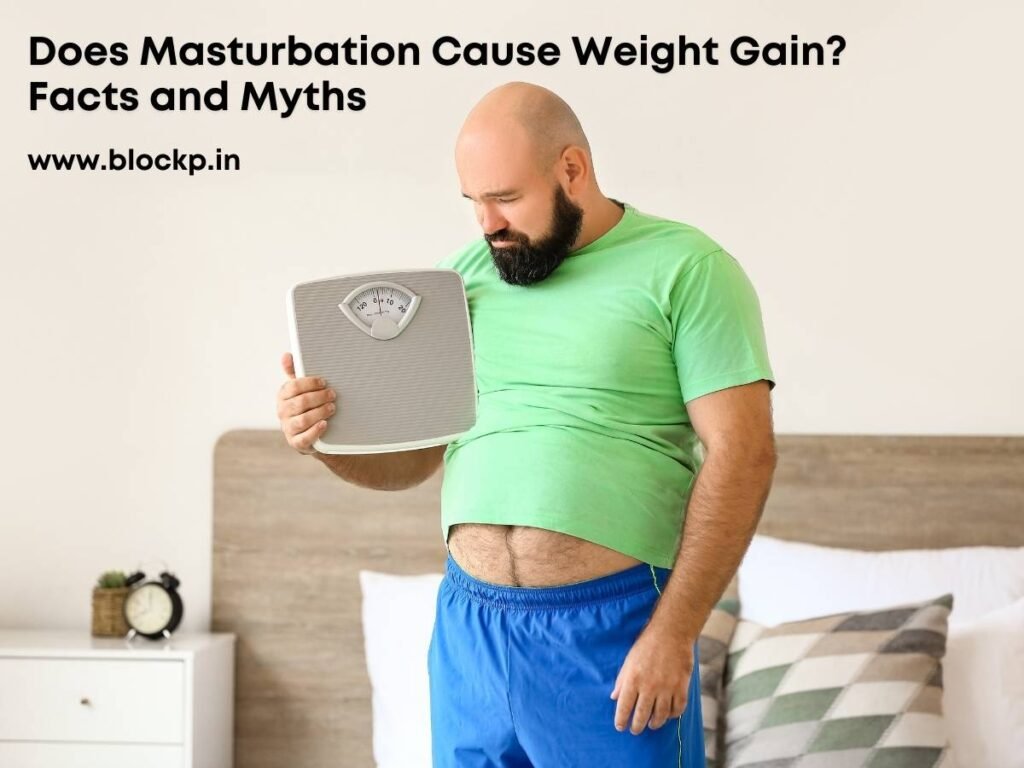Side effects of daily male masturbation: myths and misconceptions
Masturbation is a normal and common activity practiced by men of various age groups. It is self-stimulation of the genitals to achieve sexual pleasure and orgasm. While masturbation is a normal part of human sexual behavior, the frequency of masturbation is likely to have different effects on a person’s health if they practice it excessively. In this blog we will discuss Side effects of daily masturbation in men basis, understanding its effects on physical and mental health, and providing information on how much to eat as usual. What is male masturbation? Masturbation involves touching and stimulating the genitals for sexual pleasure. This is an activity that can be done by one person alone, and masturbation is generally viewed as a normal, safe and healthy activity. For men, it is useful in relieving sexual tension, improving their mood, and being a way to explore their sexuality. Nevertheless Daily masturbation Since it is an everyday activity, it raises questions about whether it can have an impact on health if done excessively. Although it is generally not harmful when done in moderation, frequent masturbation, especially if done daily, can lead to some undesirable things. Side effects of masturbation. Is masturbation bad for health? The frequency of masturbation determines whether it is harmful to health or not. Masturbation is not harmful if done in moderation. It can have many health benefits, such as reducing stress, improving mood, and improving sleep quality. However, when it becomes excessive, Side effects of daily masturbation in men Observable. According to a 2017 Kinsey Institute survey62% of women and about 92% of men have masturbated at some point in their lives. Frequent ejaculation causes fatigue, hormonal imbalances and reduces productivity. Excessive masturbation can interfere with relationships, work, and daily activities, ultimately reducing overall health. the Side effects of daily masturbation in men It is not immediately visible, but over time, it can have a significant impact on a person’s physical and mental state. Is masturbation a common behavior? Masturbation is a common behavior Which most men indulge in and do at one point or another in life. Surveys show that most men do this regularly, especially during their younger years. Therefore, such a practice constitutes a natural mechanism for relieving stress, examining the body, and enjoying sexual excitement. However, just because this is typical behavior does not necessarily mean that the person does it without consequences if it is excessive. Is it healthy for a man to masturbate daily? Whether masturbation should be performed Daily masturbation is Negotiable. There is no clear answer because it varies primarily depending on the individual’s health, lifestyle, and physical needs. In general, Daily sperm release It causes no harm, except when it begins to intrude into other areas of life, such as work, relationships, or daily functioning. Moderation does not negatively affect health through masturbation. but, Daily sperm release It creates some harmful effects over time. It leads to fatigue, low energy, and hormonal imbalance. Besides, it becomes a problem if attention is always given to self-stimulation instead of any healthy activities. Emotional pain and loss of motivation can be the cause Side effects of masturbation in men Daily routine. What happens if you masturbate every day? If done in moderation, masturbating every day may not produce any particular effect. However, Daily sperm release It may cause some Side effects of daily masturbation in menSuch as fatigue and physical weakness. Excessive masturbation temporarily lowers testosterone levels, which in turn leads to decreased sexual desire. Frequent ejaculation may also cause a loss of interest in the physical intimacy that comes with a partner, thus diminishing the sexual experience. Reply to What happens if you masturbate every day? Depends on whether it becomes obsessive. Benefits of masturbation for men While most Side effects of daily masturbation in men As a result of excessive masturbation, there are also benefits associated with its practice. Some of these include the following: However, the benefits should be weighed against Side effects of masturbation Which may arise when done excessively. How many times a week is masturbation normal for a man? How many times a week is masturbation normal for a man?? The answer varies from person to person because it depends on the person’s needs, lifestyle, and health. However, most men masturbate 2 to 5 times a week, which is considered healthy and normal. It is important to note that if masturbation interferes with work, relationships, or daily life, this behavior is considered excessive. 10 Side Effects of Daily Male Masturbation Excessive masturbation can have several harmful effects on the body, both physically and psychologically, for any man. Here are ten possible Side effects of daily masturbation in men: 1. Physical weakness and fatigue Excessive masturbation drains the body’s energy. Constant urination is a vital activity, requires nutrition, and depletes the most important minerals, including zinc, among other micronutrients. As a result, it can manifest as chronic fatigue, muscle weakness, and decreased endurance, leaving a person unable to perform physical activities or maintain a routine life. It also makes a person more susceptible to diseases because it weakens immune function. 2. Impaired penile function Excessive masturbation causes over-stimulation of the penis. The nerves inside the penis become numb, reducing penile sensitivity. This may cause erectile dysfunction, where men fail to achieve or maintain an erection during sexual activity. Second, when too much is stimulated at once, the brain becomes accustomed to that stimulation alone and finds it difficult to become aroused in actual intimate settings. Severe cases will put a strain on relationships between lovers, and overall levels of sexual satisfaction will decrease. 3. Low sexual desire Daily masturbation may cause a general decrease in libido or libido. Overstimulation of the brain’s reward centers can desensitize their response to dopamine, the “feel good” neurotransmitter, making a person uninterested in any sexual activities with a partner. Furthermore, intimate experiences with other people may not be exciting or enjoyable, affecting romantic relationships and thus reducing the connection between the two










